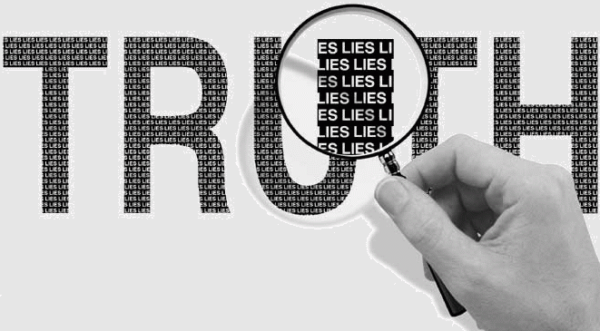Category shabbat
Thoughts on Rosh Hashanah 5784.
Yesterday night I talked about what we actually celebrate on Rosh Hashanah – humanity! I believe humanity at its essence is connection. Connection with other human beings.
Do you recall your beliefs from your twenties? I’ve been reflecting on this recently, and it’s
Thoughts on Rosh Hashanah 5784.
In times of widespread divisiveness and tribalism – Rosh Hashanah reminds us to celebrate community so we celebrate being together and we celebrate our connections with other human beings. What do we celebrate on Rosh Hashanah? A pretty common answer is: we celebrate the creation
Thoughts on parashat Acharei Mot-Kedoshim.
There are quite a few notions or religious practices described in the Hebrew Bible of which our understanding is limited. In many cases, the bridges between us and these ancient rituals are to be found in the rabbinic literature, which helps us understand these ideas and
Thoughts on parashat Vayakhel-Pekudei.
Our parasha for this week tells us the story of the construction of the tabernacle, the organization of the religious cult and many other aspects related to it. In other words, it tells us about the construction of a holy space in which the Eternal was to dwell among the Israelites.
Thoughts on parashat Terumah.
Imagine that a great apocalyptic catastrophe happened on our planet and you are the only human that survived it. There is still a great abundance of everything, including food, so you don’t have to worry you would starve to death. Actually, at this moment the entire planet belongs to
Thoughts on parashat Yitro.
Imagine that you live in pre-modern times and the technology we have today does not exist. Imagine that you are in the desert with a group of people and they expect you to lead them out of this desert. They expect you not only to take them out of the place they camp, they expect you to
Thoughts on parashat Vaera.
I was born in Poland, in a country where many fundamental human freedoms were taken away for 45 years by autocrats who believed that the historical progress of humanity gave them knowledge and awareness of the ultimate causes of all injustices in the human world. This awareness was supposed
Thoughts on parashat Miketz.
We live in the age of the individual. We are all supposed to be slim, pretty, successful, prosperous, happy, extroverted and popular. The perfect self – that’s the goal our culture constantly encourages us to achieve and we see this everywhere: in advertising, in the press, all
Thoughts on parashat Vayeshev.
There is a big idea that is embedded in the Hebrew Bible that truthful speech (used by God) has a creative power and lies at the foundations of the world. Firstly, God uses truthful speech (God said, “Let there be…” or “Let us make…”) to transform tohu-va-vohu









